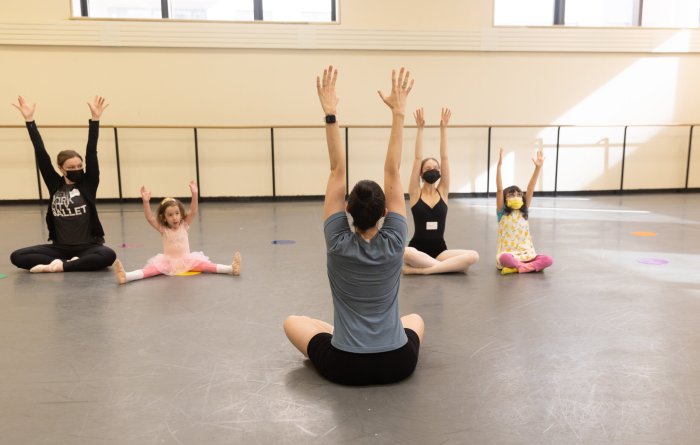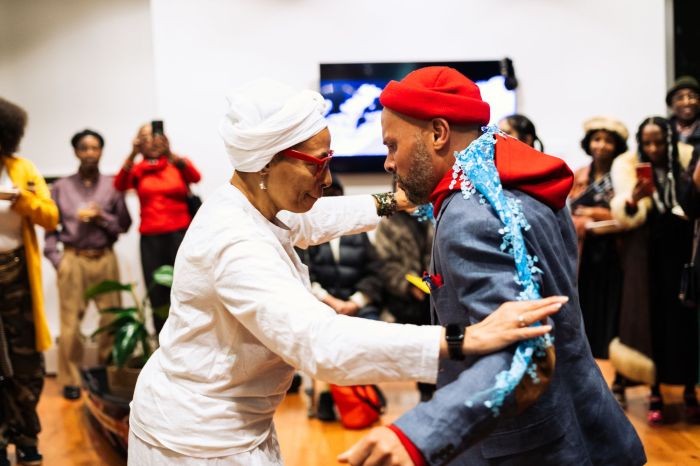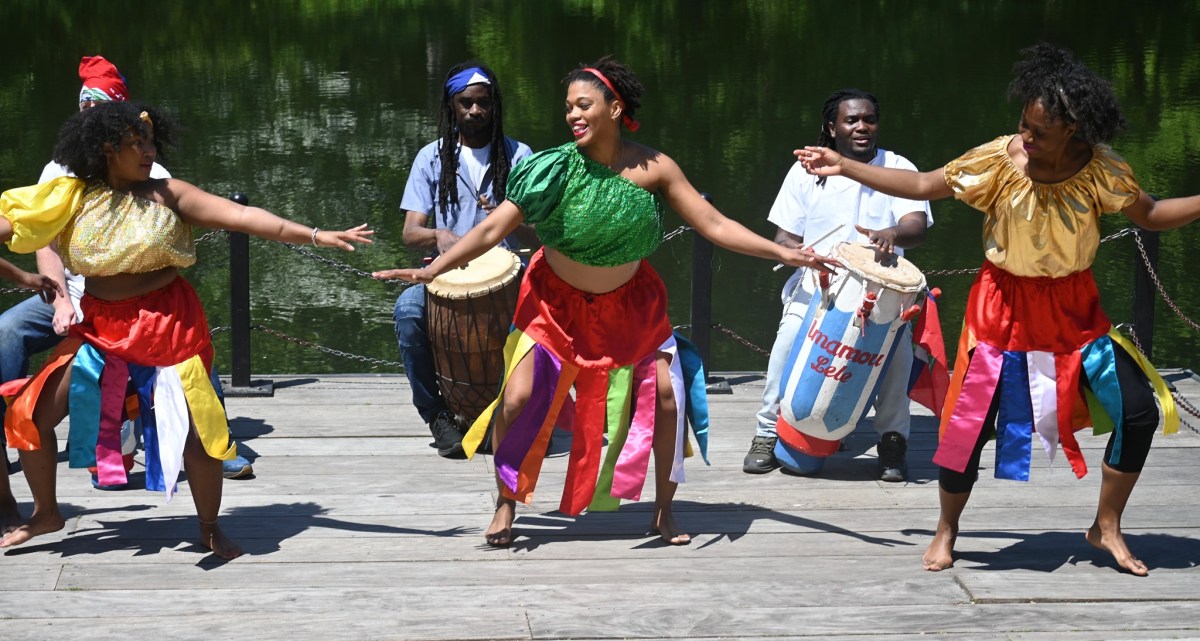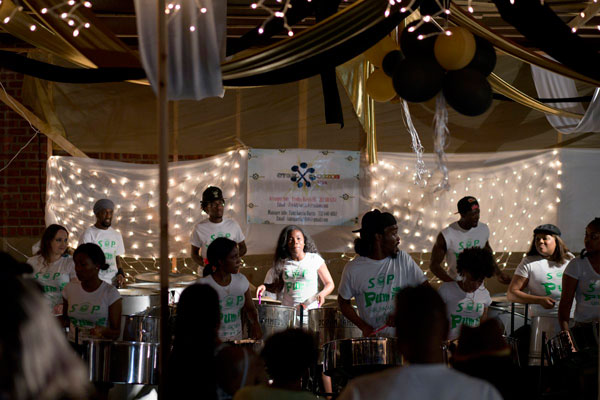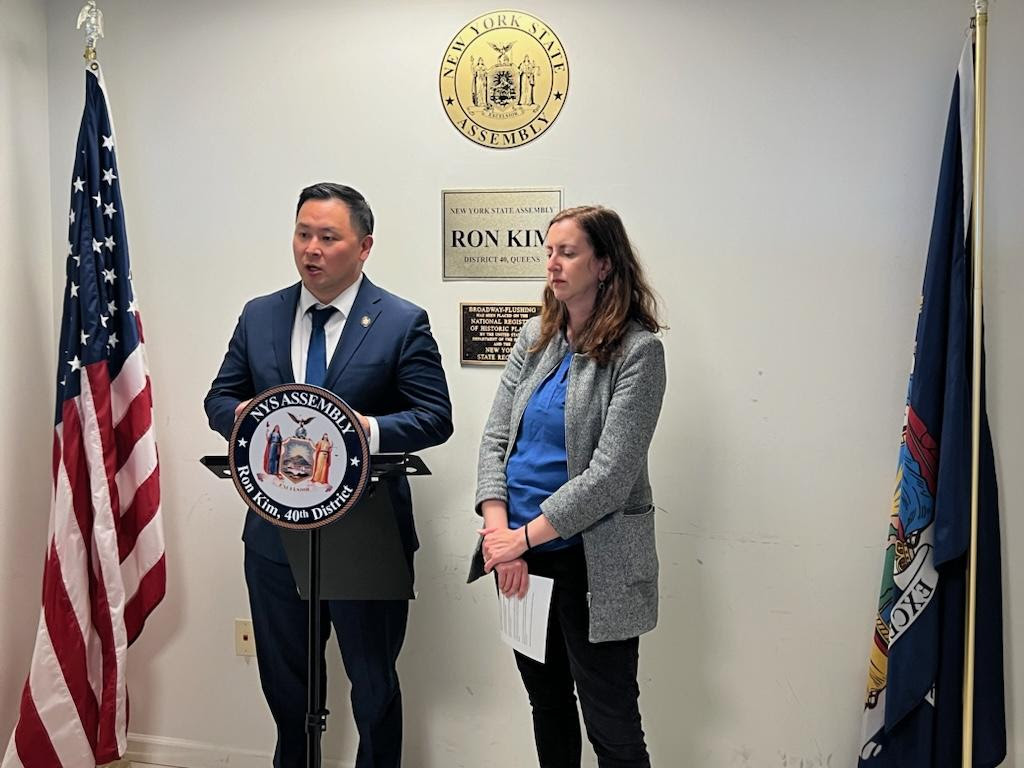The steelpan – or pan, as it is more widely called – is the bedrock of Trinidad Carnival. It is also an instrument that is part and parcel of calypso and soca music. The instrument’s versatility easily lends itself to jazz, R&B, gospel, classical music.
The names Tony Williams, Bertie Marshall and Ellie Manette go hand-in-hand with the instrument’s evolution. And apart from Trinidad and other areas of the Caribbean, its impact, since its inception some seventy years ago, the instrument continues to play a major role in the music of the Anglophone Caribbean diaspora.
Fact: the steelpan is only instrument to be invented in the 20th century. And, according to Zahra Gordon in her article, “Steel-Pan Music: It’s Origin & History,” she posits: “Steelpan, the national instrument of Trinidad & Tobago, has become ubiquitous, with its music being found in numerous commercials for Caribbean tourism, in school programs as close to home as Grenada and as far away as Japan, and even in the song ‘P.I.M.P’ by rapper 50-Cent. Yet as popular as steel-pan has become, people seem to know very little about its origins. Many still think that the instrument is a Jamaican invention.”
This generally seems to be a veritable chronic problem with the inhabitants of the region. Indeed, the pan instrument, however, is still wending its way toward asserting itself as a more “visibly” recognized instrument in the pantheon of internationally recognized musical instruments.
By its very structure the steelpan is an exquisitely beautiful chromatically pitched percussion instrument which is a joy to the ear in its character. Every so often one hears it here and there. But unlike other percussion, it is highly under utilized, in my view.
Where does the steelpan figure today, not so much from a cultural perspective, but more so from an economic standpoint in the wider scheme of Trinidadian, and world musical landscape?
“We can take solace in that the Pan still has an untold future,” says Anthony Salah Wilson, a steelpan musician, composer, arranger, educator, scholar and founder of Salah’s Steelpan Academy in Quebec, Canada adds: “The meteoric rise of the Pan internationally in the last two decades is evidence of a perceived longevity.” Wilson is one of several people who have in the past proposed a ministry exclusively for steelpan in the island nation of Trinidad and Tobago. Wilson’s essential proposal includes several factors such as: A ministry that must be able to offer “something meaningful to the country, to the population, to the world”. A ministry that must, he proffers, “be able to provide a service to the country, to the population, to the world” one that has the ability to “generate finance and contribute to the economic development of the country;” one that should have a “positive impact on the social status of the population of the country;” as well be able to attract foreign investments and tourism and be able to positively affect the youths of the nation as well as be able to “create jobs and spin off related industries.”
Is this a pipe dream? In Jamaica right now attempts are being made through the Jamaica Reggae Industry Association – incorporated on Feb. 3, 2009 – with its primary mission being to represent the interests of its members, with the aim of fostering economic and professional growth while at the same time contributing to the development of Jamaica and its music.
Additionally, its vision also wishes to attempt at uniting all persons and organizations within the music and entertainment industry with the hope of becoming the “most effective trade association” in the island and to provide “superior service” to the music industry.
Ambitious? It ought to be. The time for leaving Square One is way overdue. We are in the middle of the second decade of the 21st century! Trinidad can do it. Trinidad had better do it if wants this the instrument to assume a more solid stance within the vast musical panoply of world musical instruments.
Olivier Stephenson is an author, freelance journalist, playwright, screenwriter. His book, “Visions and Voices: Conversations with Fourteen Caribbean Playwrights,” was recently published by Peepal Tree Press in the UK.


